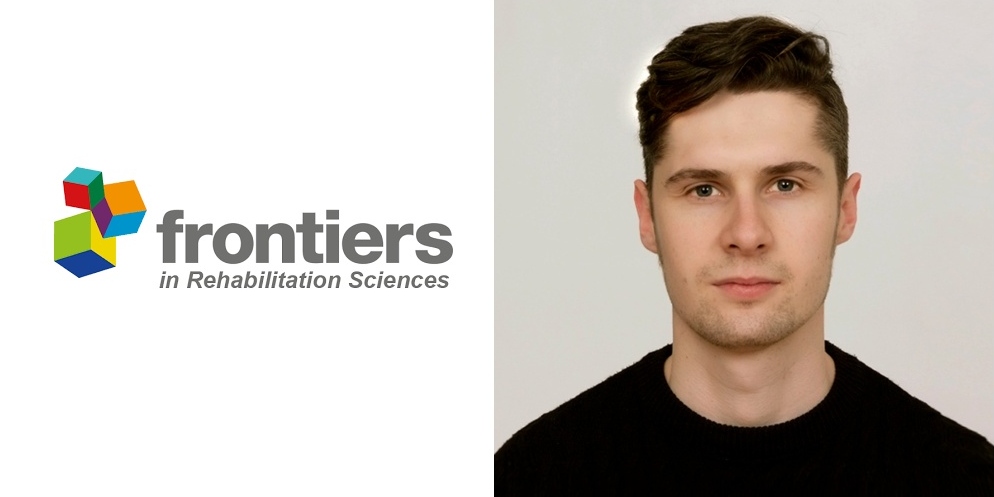Stroke survivors need tailored support to cope with aftermath

Stroke survivors need tailored support to help them cope with the significant long-term disruption they face in their lives, according to a new study.
Thirty people shared their stories of how the aftermath of having a stroke impacted their personal and social lives, in a paper published by the journal Frontiers in Rehabilitation Sciences.
The study, based on research carried out by Glasgow Caledonian PhD researcher Joseph Hall, is the result of a unique collaboration between Glasgow Caledonian's Media and Journalism Department and the Research Centre for Health.
Dr Helena Bassil-Morozow worked with Professor Frederike van Wijck on the project, alongside Professor Thilo Kroll of University College Dublin.
Thirty survivors were interviewed from across the UK, aged 31-86, on the disruption having a stroke has had on their sense of identity.
The participants reported a complete change in how they perceive themselves, relate to the world and engage socially.
Dr Joseph Hall said: “Stroke survivors were often unprepared for the sustained challenges they may face following stroke, as their personal and social worlds can be significantly disrupted.
“This work reinforces the call for psychological well-being and support to be made a priority within stroke care. Moreover, it calls for the stroke survivor, their identity, and the long-term challenges to their sense of self to be the focal point of the delivery of person-centred stroke care that is delivered consistently from initial stroke onset right through to long-term adjustment post-stroke.
"The physical, psychological, and social realities of each survivor must be taken into account to truly understand and address the long-term impact of stroke on identity.”
